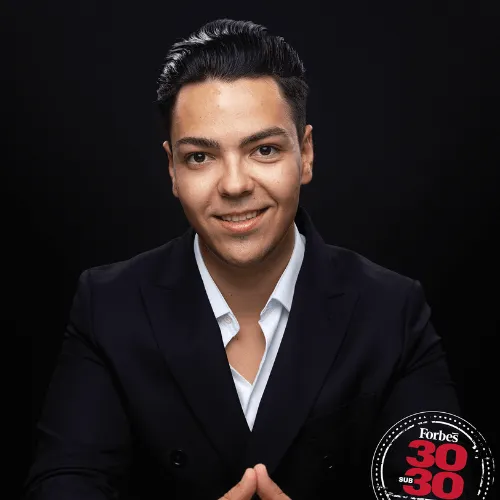In this insightful episode of the Tekpon SaaS Podcast, host Cristian Dina sits down with Cenk Tukel from Tukel INC Accounting to delve into the advantages and challenges of launching a SaaS business in the United States. They unpack the complexities, economic factors, and the strategic importance of the US market for aspiring SaaS entrepreneurs.
Cenk begins by illuminating the vast opportunity that the US market beholds for SaaS businesses, with a staggering market size of $141 billion compared to Europe’s $63 billion and a platform as a service market valued at $61 billion in contrast to Europe’s $28 billion. He highlights how these figures reflect the growth potential and the larger financial capacity of US customers willing to pay more for subscription-based services, as evidenced by the pricing strategies of entities like Netflix.
Discussing venture capital investment, Cristian and Cenk converse about how the US dominates, with investment opportunities being nearly three times that of Europe. They note the propensity of US-based VCs to invest primarily in US entities, which can limit funding prospects for European startups. Nonetheless, Cenk points out that the US’s dynamic ecosystem, which houses extensive accelerator programs and prominent platforms such as YCombinator, is vital for nurturing innovation.
When it comes to establishing a venture in the US, Cenk acknowledges the fear of the unknown as a significant obstacle. However, he reassures that setting up a business, particularly in Delaware, isn’t as daunting or expensive as it may seem due to the state’s business-friendly legislation. The significance of having the right partners is emphasized, as these partnerships can significantly alleviate the challenges tied to high administrative costs, legal fees, and navigating strict compliance laws.
The conversation pivots to the practicalities of funding, where Cenk underscores the diverse options available in the US market. From bootstrapping to incubation programs and from angel investors to the broad swathes of capital held by VCs, a spectrum of financial pathways exists for SaaS entrepreneurs. Notably, Tukel remarks on the substantial funds ready for US legal entities, suggesting increased accessibility compared to the limited access to funding European startups may face.
Why you should start a SaaS company in the US
Cenk continues by advocating the importance of integrating into the US market to forge valuable connections, understand customer needs, and leverage opportunities for B2B businesses. He suggests founders visit the US to engage directly with the ecosystem, attend industry events, and build a network that will be crucial for success.
The podcast also discusses non-US founders’ challenges and how Tukel’s company provides vital support services. From ensuring financial and legal compliance to helping with networking within the highly competitive US market landscape, the assistance offered is tailored to the unique needs of SaaS businesses eyeing expansion.
Cenk doesn’t shy away from addressing tUS AX law and compliance obligations. He elaborates on the severe implications of intentional tax fraud and reiterates the indispensable nature of having adept accountants and lawyers to navigate these waters safely. He also notes the necessity for a physical presence in specific industries, such as logistics, to fully seize market opportunities.
He concludes with a powerful message for SaaS founders, emphasizing the strategic advantage of tackling the US market first. Tukel points out that conquering the US is often considered a bellwether for global success, making subsequent international expansions considerably smoother.
Cristian winds down the episode by expressing his gratitude for the depth of advice and experiences shared by Cenk. Listeners walk away with a comprehensive understanding of the pros and cons of launching a SaaS business in the US, enriched by Tukel’s practical insights and the promise of follow-up support for founders eager to make their mark in this promising yet demanding marketplace.







